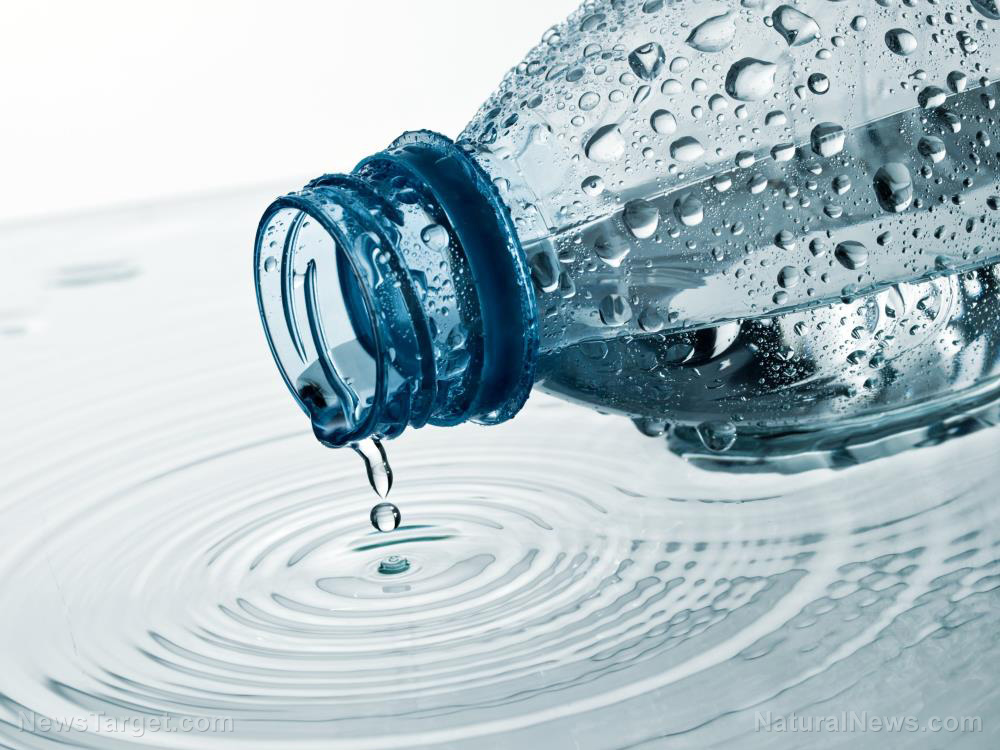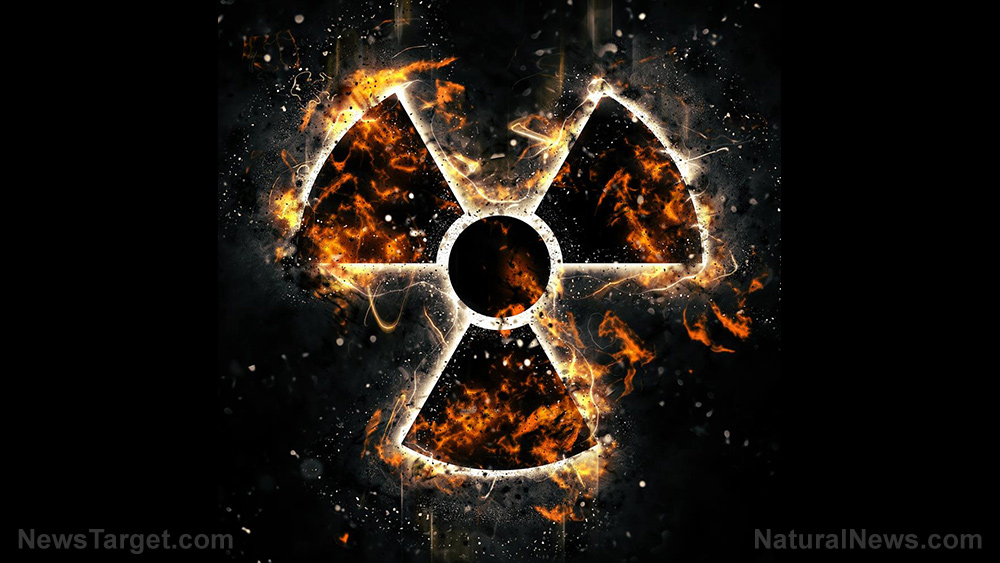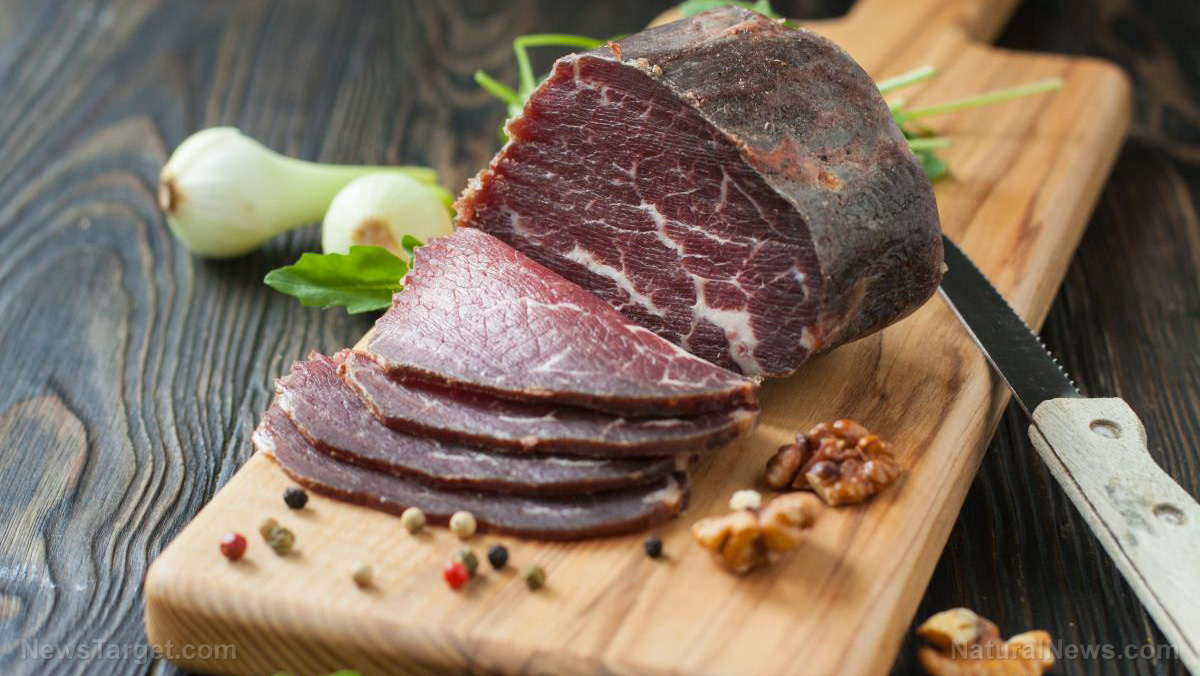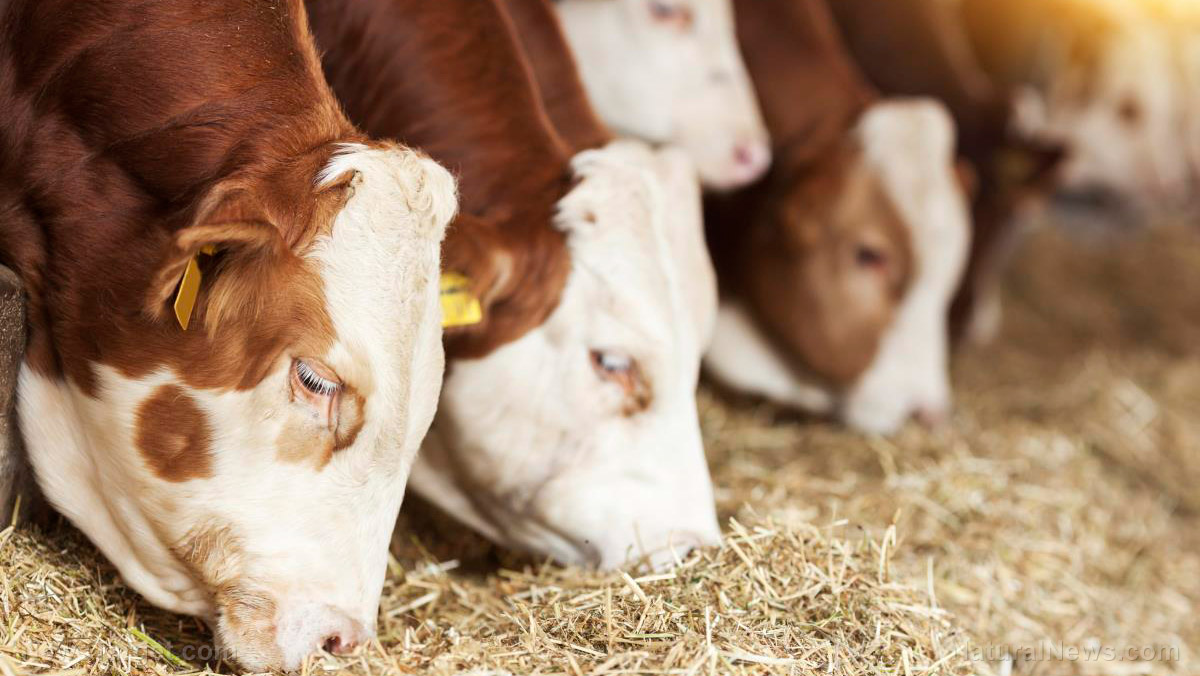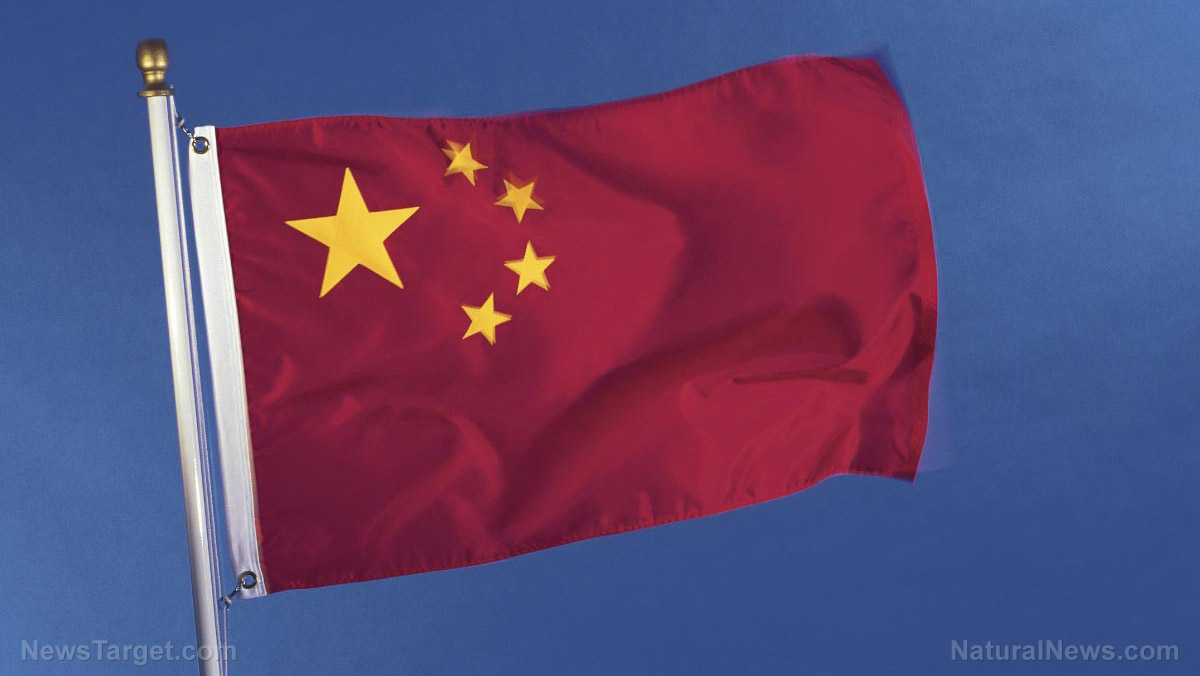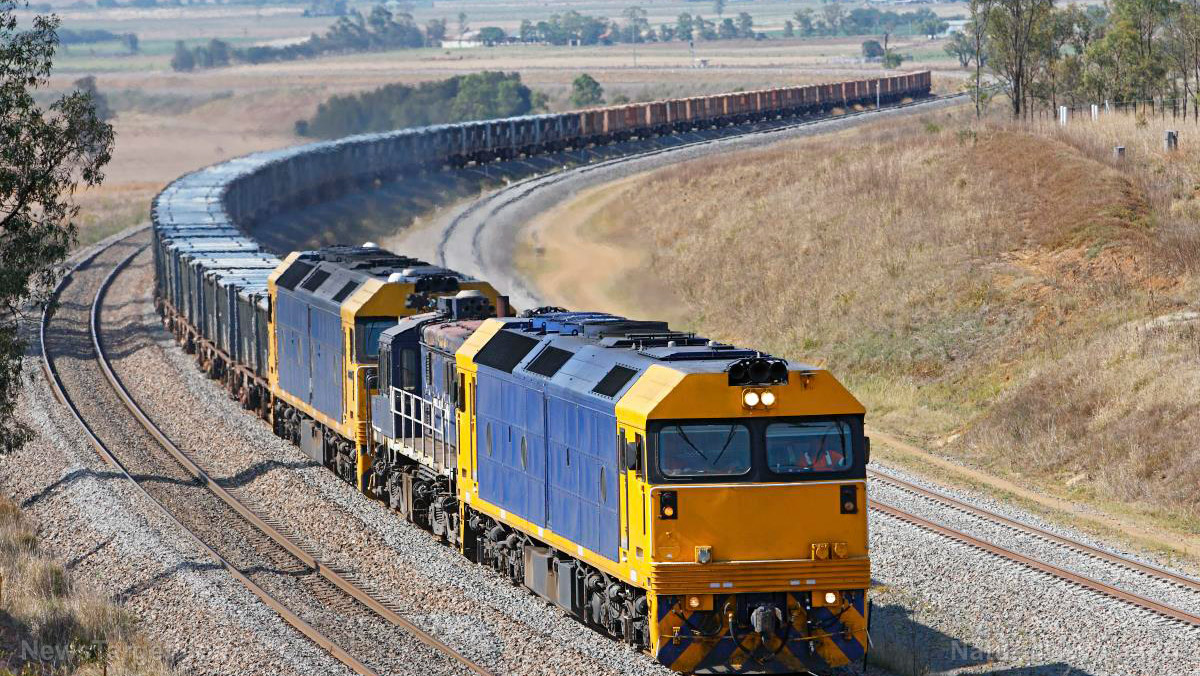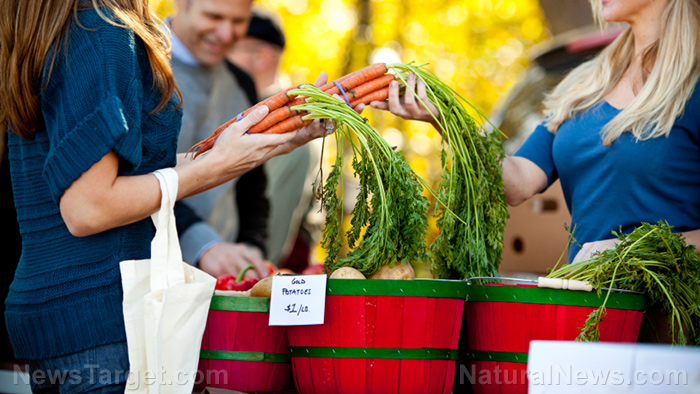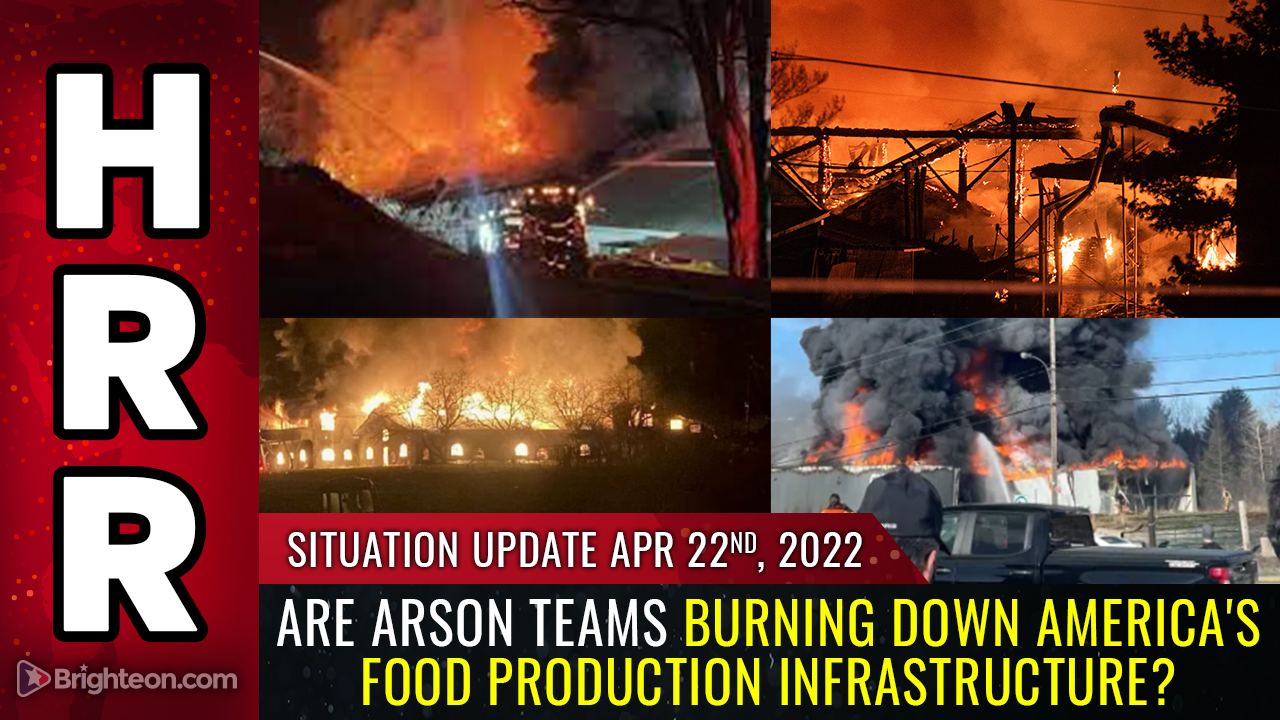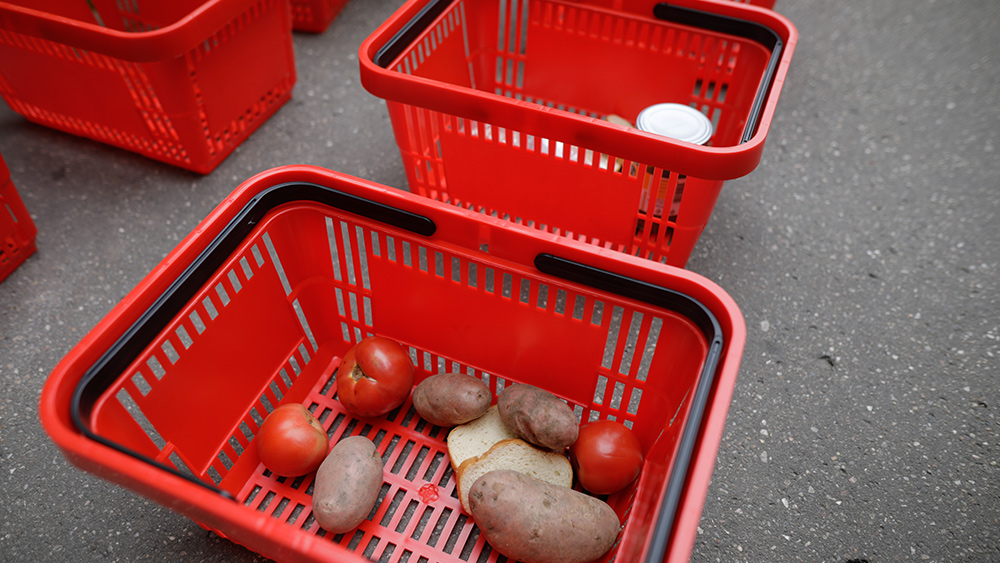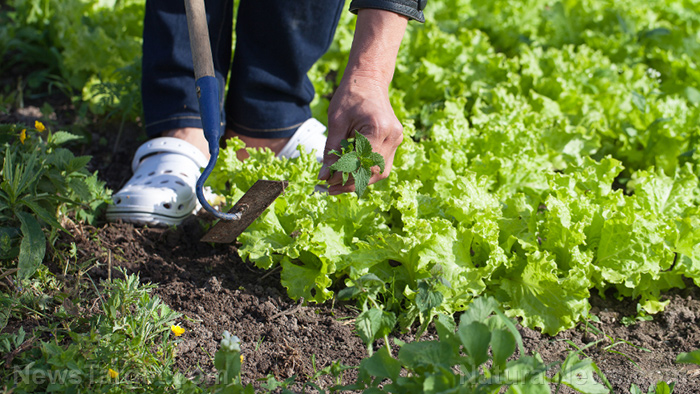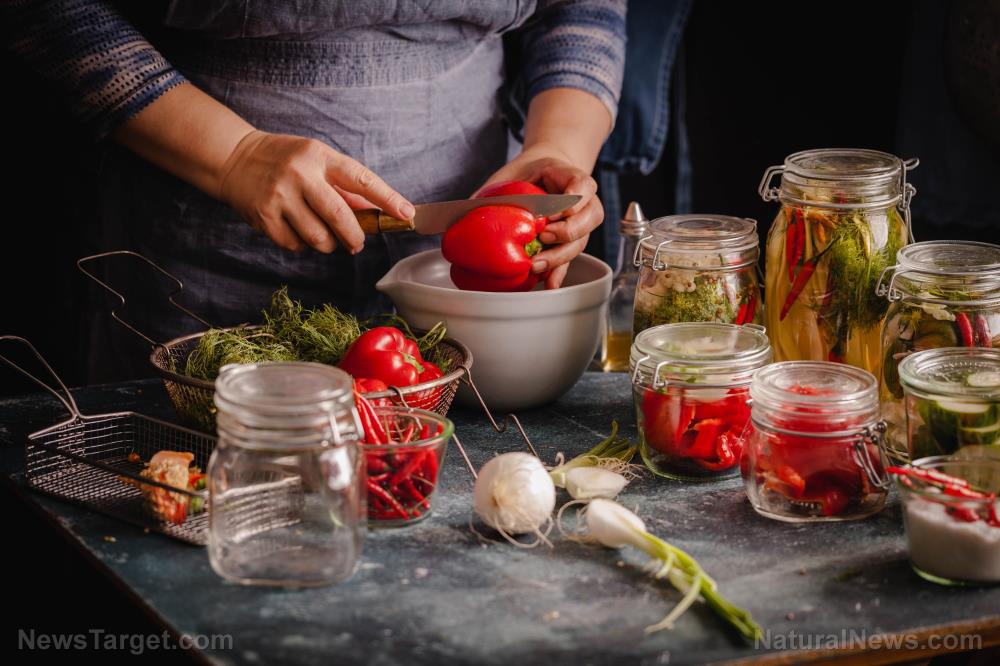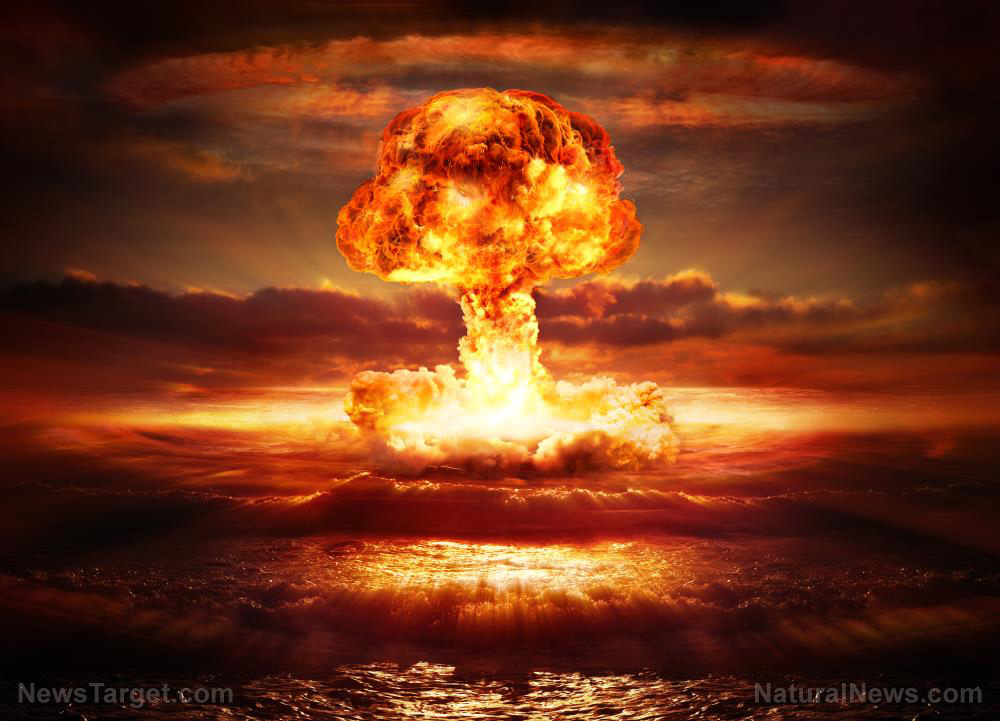Russia-Ukraine conflict hits global fertilizer supply, threatens food security for billions of people
03/13/2022 / By Arsenio Toledo
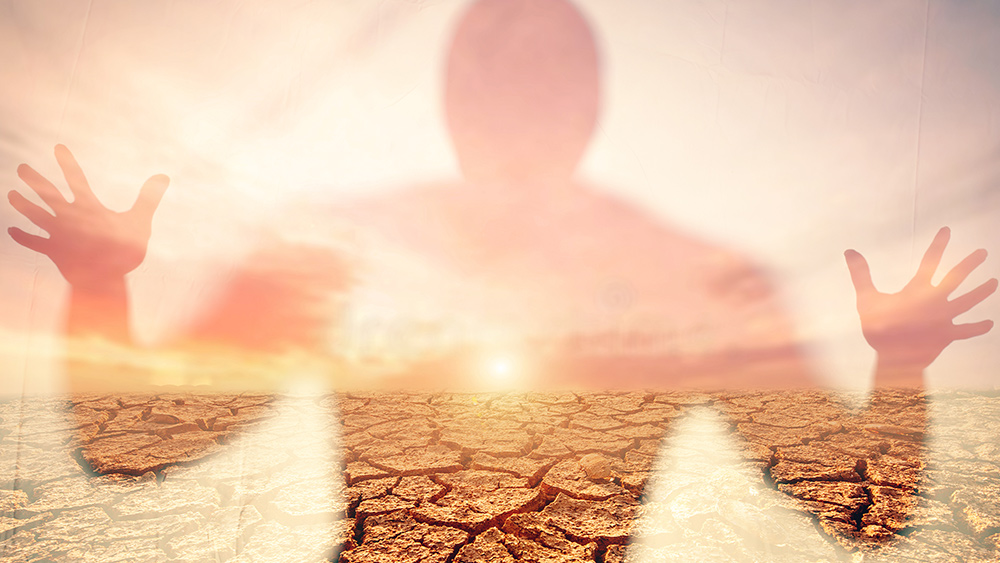
The war in Ukraine and the extreme sanctions placed upon Russia are worsening fertilizer supply issues, potentially triggering a global famine that could lead to the deaths of millions of people.
Russia and Belarus are the second- and third-largest producers of potash in the world. In 2019, Russia was the top exporter of nitrogen fertilizer and the third-largest exporter of phosphate. Russia so dominates the fertilizer market that it has a 17 percent global market share for nitrogen alone.
The Health Ranger Mike Adams told Alex Jones during a recent episode of “The Alex Jones Show” on Info Wars how disastrous it is for the world to be cut off from Russian and Belarusian fertilizer exports.
“About four billion people are only alive today because of hydrocarbon-based fertilizers,” said Adams. “Russia produces a massive amount of fertilizer for the world, and Belarus also produces a tremendous amount of potash. If you cut off the thing that feeds four billion people, what happens to them?” (Related: The STARVATION MATRIX decoded: Russia, fertilizer, hydrocarbons, CO2, the Haber equation and crop yields explained.)
Countries already struggling with limited fertilizer imports
Russia provides about 22 percent of fertilizer imported by Brazil, the world’s largest importer of fertilizer. Brazil first got concerned about its fertilizer supply in late 2021, when Russia restricted its exports due to fears of a shortage.
Right before Russia invaded Ukraine, Brazilian authorities were in Russia trying to negotiate a deal for more fertilizer imports. But when the war broke out, the West demanded that Brazil and other countries comply with its sanctions against Russia. Countries like Brazil that rely on Russian fertilizer are now desperately trying to look elsewhere to shore up their supplies in time for the planting season.
“Between the Ukraine-Russia conflict and Belarus sanctions, a lot of fertilizer supply is at risk, but it’s obviously a very dynamic situation,” said a spokesman for Florida fertilizer maker Mosaic Co.
Even if the war ends and the sanctions are immediately lifted, geopolitical analyst and author Peter Zeihan said during an interview with Fox Business that it might not be enough to fix the fertilizer shortage.
“All three source materials that go into fertilizer – phosphate, nitrogen, potash – are subject to abject shortage,” said Zeihan. “And even if the war were to stop tomorrow, it’s already too late. It’s too late for the planting season in the Northern Hemisphere this year.”
Zeihan believes the crisis will soon hit other large food exporters in South America, Africa, the Middle East and South Asia. He believes it will hit them the hardest as they will likely see significantly lower yields “than what is necessary to support the global population.”
This will inevitably lead to food prices surging due to limited supply, and what little food can be sold will be “insufficient … for hundreds of millions of people,” said Zeihan.
The last time a similar crisis hit the world was in 2008, when the surge in oil and natural gas prices led to an increase in fertilizer prices. This, in turn, pushed 150 million people into chronic malnutrition.
Watch this episode of “The Alex Jones Show” as Mike Adams, the Health Ranger, talks about the fertilizer shortages and the looming global famine.
This video is from the InfoWars channel on Brighteon.com.
More related stories:
Farmers around the globe now feeling the pinch of higher fertilizer prices and more.
Farmers are reducing how much food they produce due to surging fertilizer prices.
Fertilizer plants are shutting down, leaving global food supply on the brink of collapse.
Global food production teeters on the brink due to widespread fertilizer shortages.
Learn more about how the fertilizer shortages will lead to the collapse of global food systems by reading the latest articles at FoodCollapse.com.
Sources include:
Submit a correction >>
Tagged Under:
Belarus, Brazil, famine, fertilizer, fertilizer exports, fertilizer imports, fertilizer shortage, food collapse, food shortage, InfoWars, Mike Adams, Russia, starvation, Ukraine
This article may contain statements that reflect the opinion of the author
RECENT NEWS & ARTICLES
EmergencyFood.News is a fact-based public education website published by Emergency Food News Features, LLC.
All content copyright © 2018 by Emergency Food News Features, LLC.
Contact Us with Tips or Corrections
All trademarks, registered trademarks and servicemarks mentioned on this site are the property of their respective owners.

